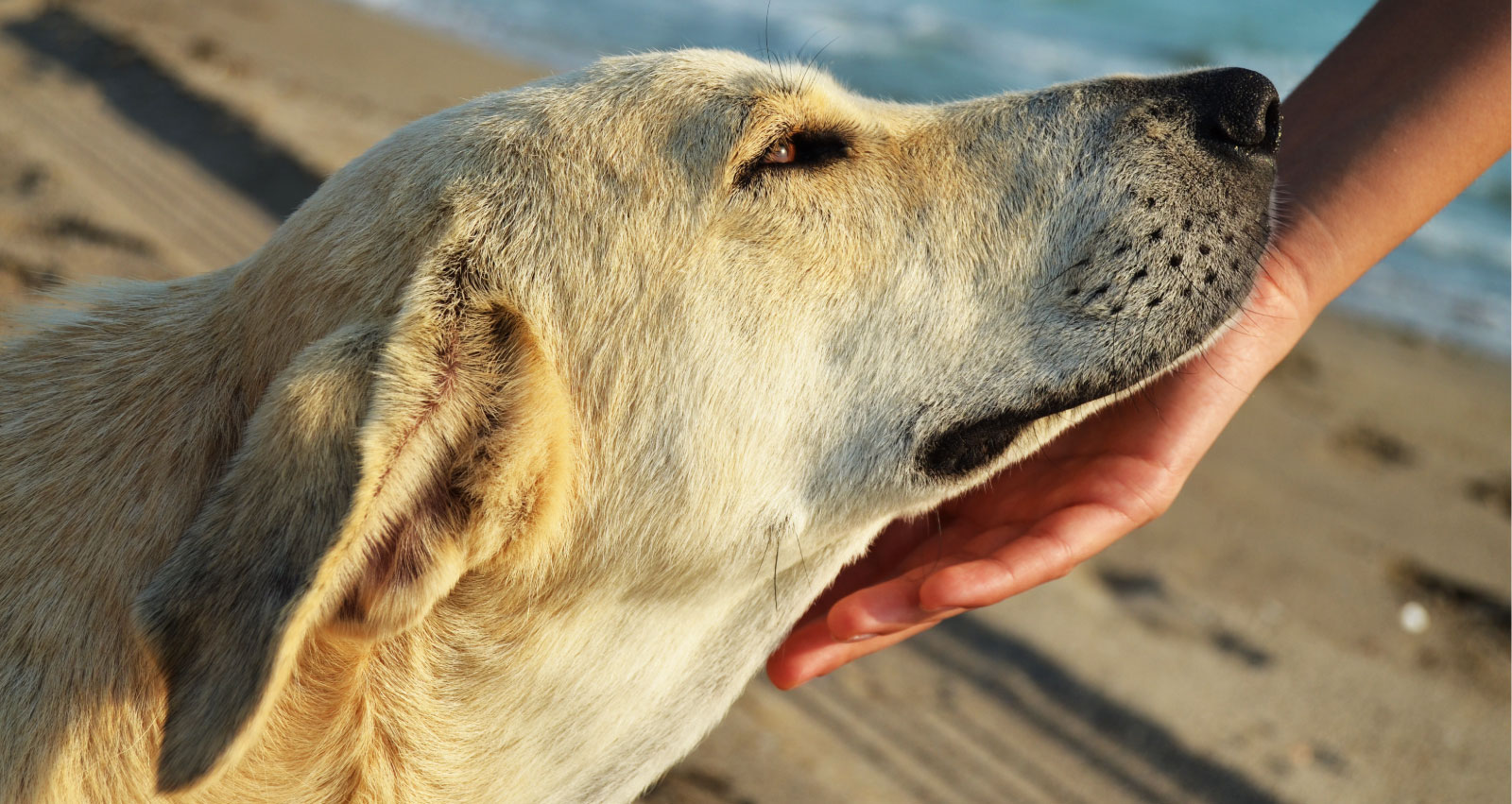10 Things Every Pet Owner Should Know

1. Love is the answer. You give love and it comes back. Love your pets like they were your own kids, and your heart will open and they will heal YOU.
2. Processed commercial pet food is not healthy food.
Would you prefer to eat out of a can and bag every day for the rest of your life, or would you prefer your mom’s home-cooking and a varied diet? Preparing your pet’s food at home using human-grade ingredients will prevent most chronic diseases such as food allergies, cancer, and kidney and liver failure. In the long run, home-cooking will save you time and money, and save your pets from pain.
Fresh food + Love/Preparation = Celebration & Optimal Health
3. Bathing once a week will keep your dog free from parasites, yeast, bacteria, fleas and ticks. Your house will smell better too. You may find that you don’t even need to administer flea/tick preventatives every month. We will post shampoo recipes in future articles.

4. After a series of puppy or kitten vaccinations, and a booster a year later, most dogs and cats will not need any additional vaccinations for parvovirus, distemper, adenovirus, and rabies. Other vaccines do not give good immunity and may have to be repeated such as leptospirosis and bordetella. Vaccinations should always be given with consideration to the pet’s individual risk and exposure levels. For example, most city pets that do not have exposure to streams and rivers do not need leptospirosis boosters. Check with your naturopathic veterinarian in your area.
5. Next to good food and love, exercise is very important to keeping your pets functioning well. Exercise stimulates their immune system and promotes longer lives. My Border Collie and I ran 4 miles every morning – she lived well into her 24th year of life! Cats need lots of exercise and stimulation as well! Honor their predatory instincts with a feather toy or a battery-operated toy that encourages them to run, stalk, and chase.
6. Training your dogs, like training your kids, is a necessary part of ownership and caretaking. It will make your life easier, and your dog will be welcomed in the community you live in. We recommend working with a professional (APDT certified) animal behaviorist who utilizes positive reinforcement principles. Dr. Ian Dunbar, DVM spent several years studying dog aggression in an academic research program and then applied his knowledge to create a science-based program of dog training which has proven to be very successful in preventing or managing almost every kind of behavioral problem. Plus his methods are easy and fun for people to do – no need to “dominate” or bully your dog in this kind of class!
American Professional Dog Trainers Association
7. Along that note, early socialization for puppies is a MUST. Puppy class is a requirement, not a luxury, and you should budget for that if you plan on adopting a puppy. Puppy class is not for you to learn how to train your puppy – it is for your puppy to learn how to be a safe and welcomed member of your community. Puppy class will teach your puppy how to interact with other dogs (thus preventing dog aggression problems later), and will teach your puppy how to interact with other people (thus preventing aggression to strangers later in life).
8. In the winter months, when the weather will be cold and wet, pets should eat foods that warm their body temperatures up. Lamb and chicken are the preferred “meats to eats.” Beef or pork cooked with the warming qualities of ginger are also good for getting the circulation moving and the joints flowing.
9. Need to find a naturopathic or holistic veterinarian in your area?
Check out: American Holistic Veterinary Medical Association
10. People who share their lives with pets live longer and happier lives than people who do not.
